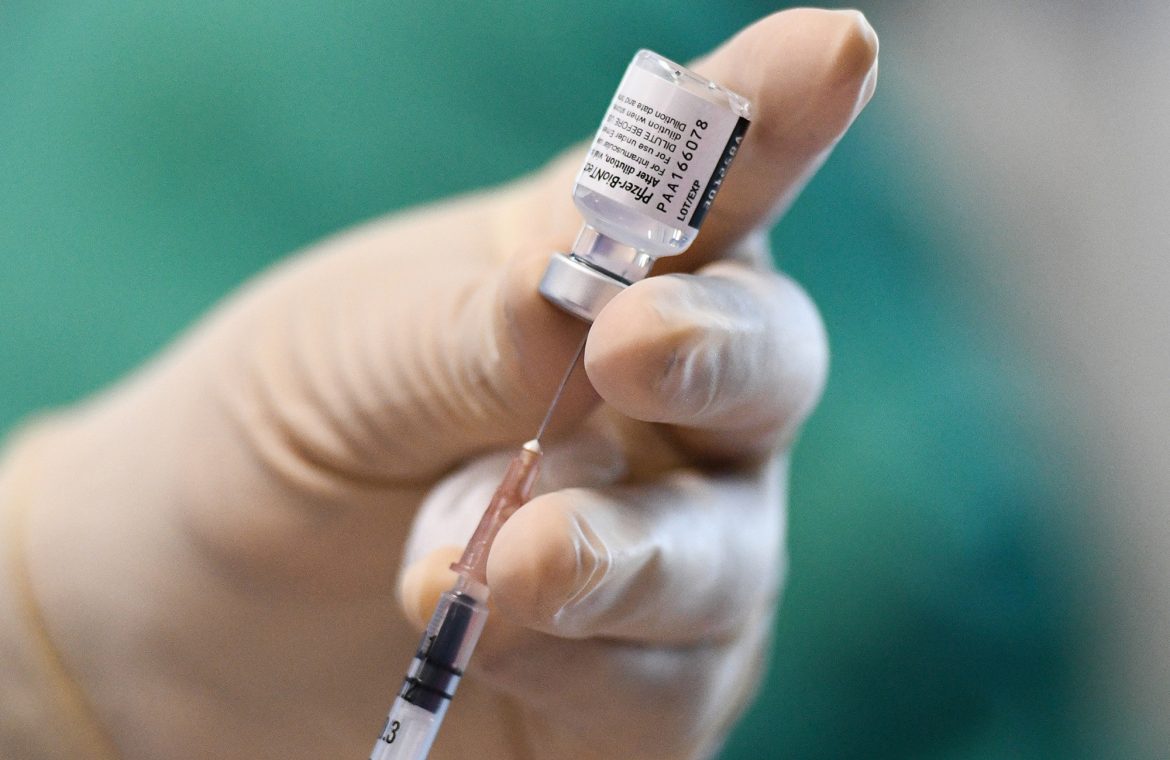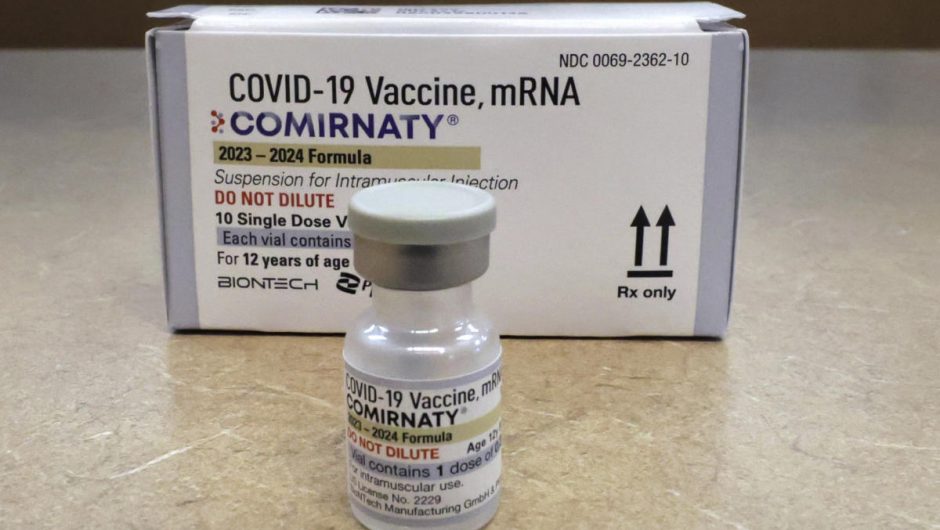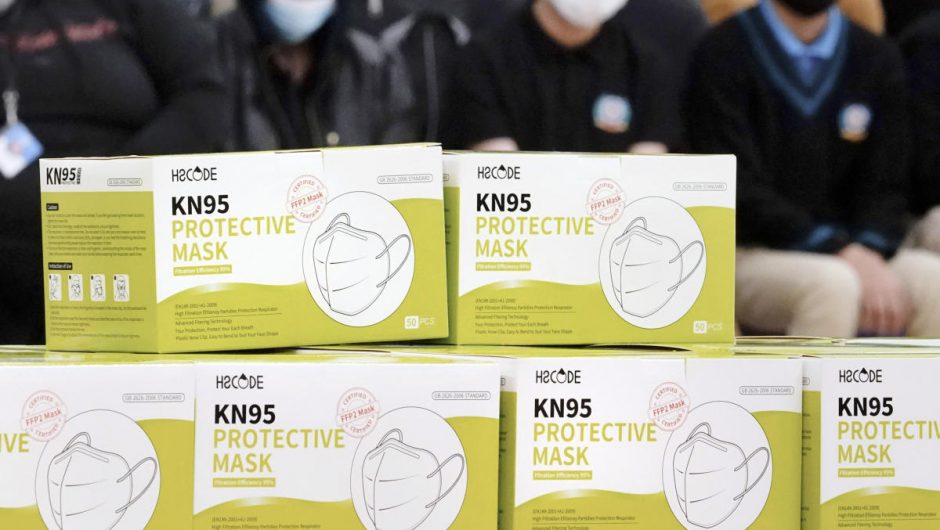[ad_1]
Here’s even more definitive evidence that vaccines save lives.
A new study of more than 3.4 million Pfizer jab recipients has confirmed that vaccination is 90% effective against severe COVID-19 illness for at least six months after the second dose.
It’s the latest Pfizer-backed analysis of their remedy, published Tuesday in “The Lancet” medical journal and conducted by researchers with Kaiser Permanente Southern California. Their findings support preliminary studies of Pfizer’s success, including one shared last spring that also showed six months of protection against severe symptoms based on just 12,000 vaccine recipients.
The ability of the Pfizer-BioNTech vaccine to shield against infection fell by nearly half — from 88% at one month following the second dose, down to 47% — after six months. However, despite the shot’s declining defenses against viral transmission, it remained still an average of 90% effective against hospitalizations due to COVID-19, including the more aggressive Delta variant of 2021.
During the study period, between December 2020 and August 2021, just 5.4% reported breakthrough infections. And only a fraction of that group — 6.6% — ended up in the hospital with COVID-19 despite vaccination.
Considerations for booster shots should take global COVID-19 vaccine supply into account as people in many countries around the world have not yet received a primary vaccination series.
Dr. Sara Tartof, researcher at Kaiser Permanente Southern California
“Our study confirms that vaccines are a critical tool for controlling the pandemic and remain highly effective in preventing severe disease and hospitalization, including from the Delta and other variants of concern. Protection against infection does decline in the months following a second dose,” said the study’s lead author Dr. Sara Tartof in a statement, reported to HealthDay.
She continued, “While this study provides evidence that immunity wanes for all age groups that received the vaccine, the [US Centers for Disease Control and Prevention] Advisory Committee on Immunization Practices has called for additional research to determine if booster shots should be made available to all age groups eligible for this vaccine.”
The news comes as health agencies continue to mull the decision of whether and when to make booster vaccines, from Pfizer, Moderna or Johnson & Johnson, available to the wider public — as they now for those aged 65 years and up; living with comorbidities at any age; or workers in select essential and front line industries. At the same time, public service agencies, private corporations and small businesses have begun setting vaccine mandates for their workforces, leaving some of those without defense against COVID-19 or unemployment.
To that end, Tartof urged US health officials to consider equity in the global fight against COIVD-19.
“In line with the recent [US Food and Drug Administration] and CDC recommendations, considerations for booster shots should take global COVID-19 vaccine supply into account as people in many countries around the world have not yet received a primary vaccination series,” Tartof added.
As the vaccine’s effectiveness decreases, BioNTech has suggested that an entirely new vaccine formula may be required as soon as next year.
Warned their co-founder and CEO Dr. Ugur Sahin last month in The Financial Times, “This virus will stay, and the virus will further adapt. We have no reason to assume that the next-generation virus will be easier to handle for the immune system than the existing generation. This is a continuous evolution, and that evolution has just started.”
[ad_2]
Source link




